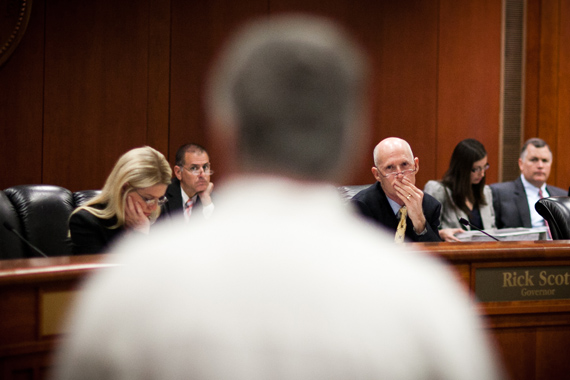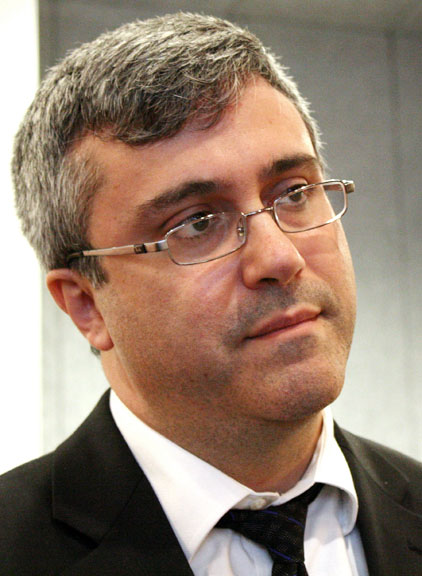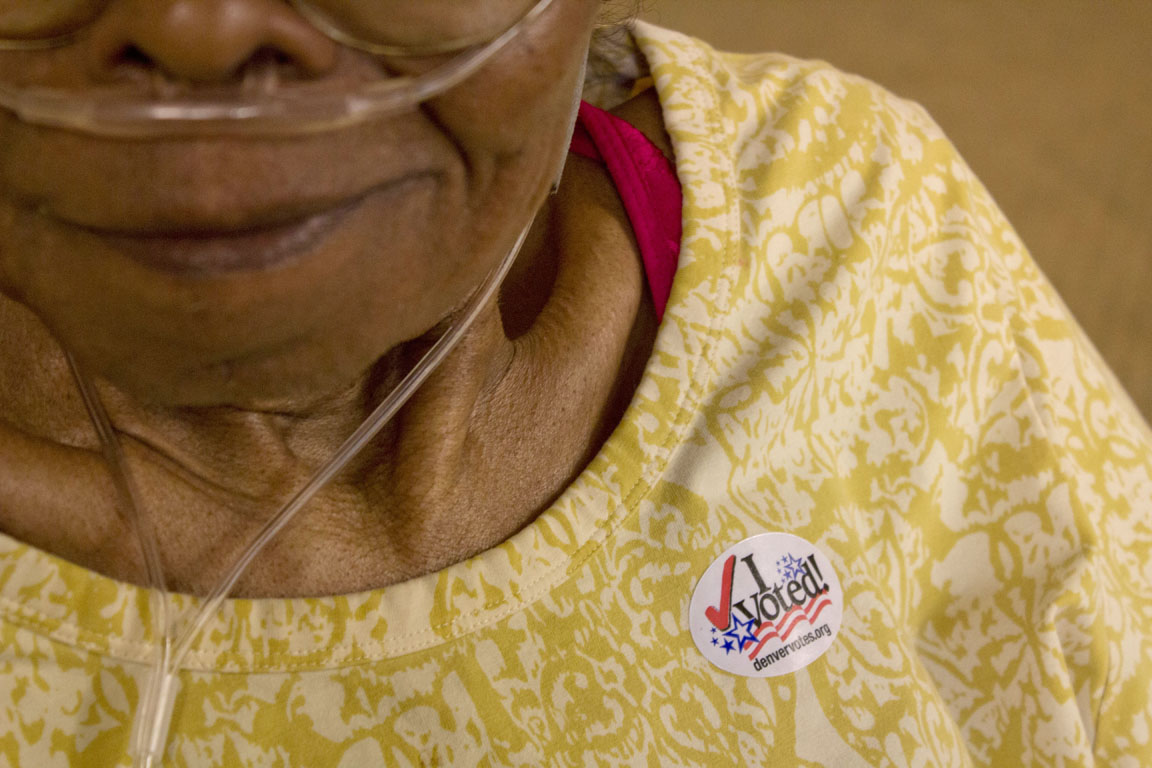On Monday, Washington, D.C., District Court will hear testimony over the Department of Justice’s rejection of the Texas voter ID law.
The News21 team is gearing up for the trip to D.C., and as we prepare for this case, we wanted to give you a brief look at the major players and what is at stake.
The law
The Texas Legislature passed its voter ID law in March 2011 on a party line vote — Republicans in favor and Democrats opposed.
Federal approval
Texas is one of nine states subject to preclearance by the U.S. Department of Justice under Section 5 of the Voting Rights Act. After a slow response by Justice and the denial of a similar law in South Carolina, Texas officials decided to sue Attorney General Eric Holder before the Texas law could be denied preclearance.
The state sued on Jan. 23, although the department
did not
formally deny preclearance until March.
What’s at stake
Texas legislators argue that the law is an attempt to prevent voter fraud by instilling confidence in the electoral process and giving election officials the tools to maintain the integrity of elections.
In court documents filed by Texas, the state also argues that federal oversight of the law overreaches authority.
Attorney General Holder and advocacy groups assert
that the
law could disenfranchise thousands of registered
voters — particularly Latinos,
who are one in five registered voters in Texas.
By Lindsey Ruta, News21



